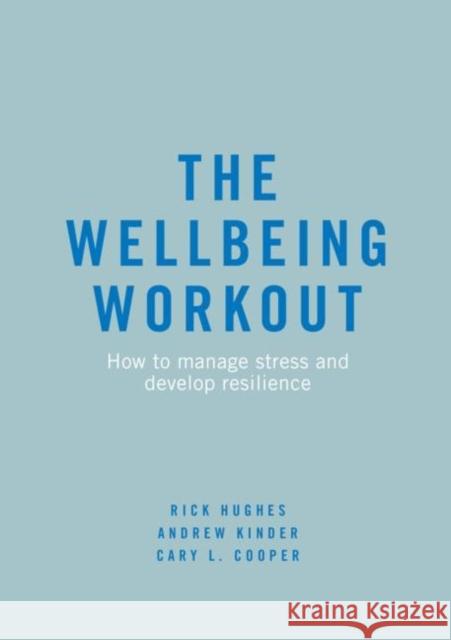The Wellbeing Workout: How to Manage Stress and Develop Resilience » książka
topmenu
The Wellbeing Workout: How to Manage Stress and Develop Resilience
ISBN-13: 9783319925516 / Angielski / Miękka / 2018 / 367 str.
Kategorie:
Kategorie BISAC:
Wydawca:
Palgrave MacMillan
Język:
Angielski
ISBN-13:
9783319925516
Rok wydania:
2018
Wydanie:
2019
Ilość stron:
367
Waga:
0.46 kg
Wymiary:
21.01 x 14.81 x 2.03
Oprawa:
Miękka
Wolumenów:
01
Dodatkowe informacje:
Wydanie ilustrowane











